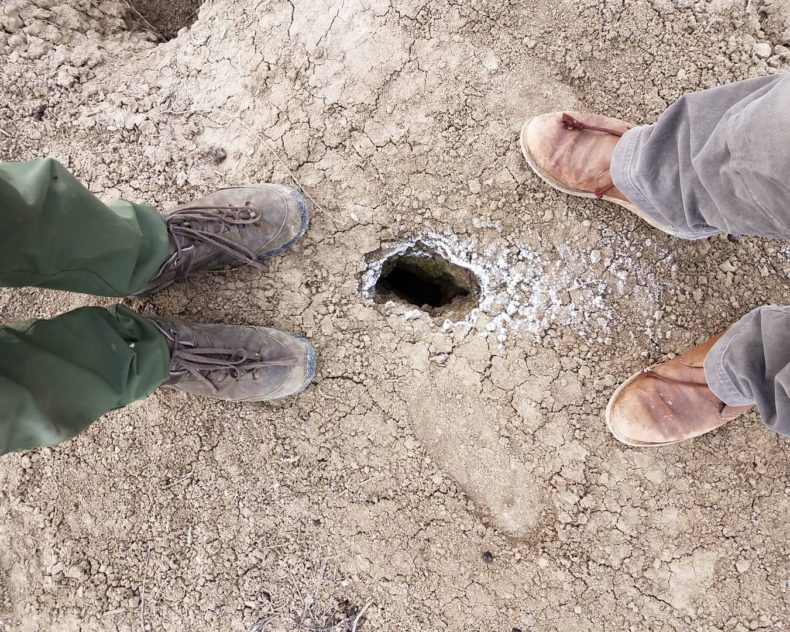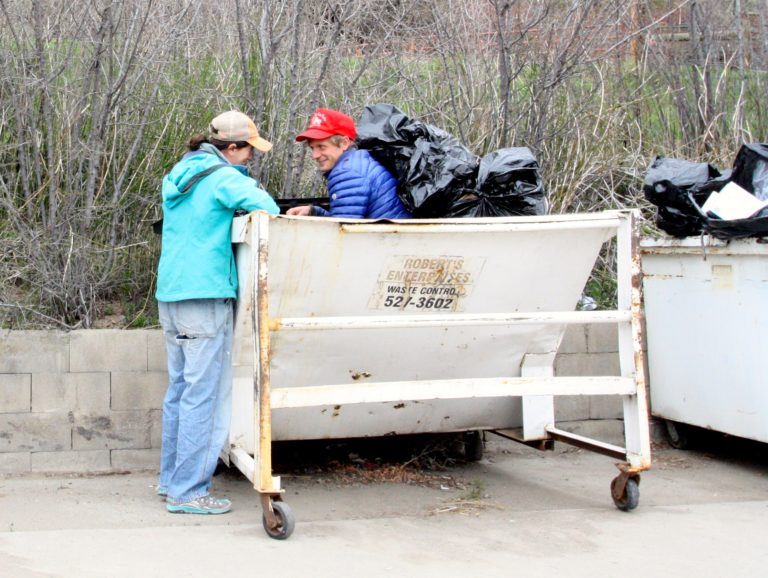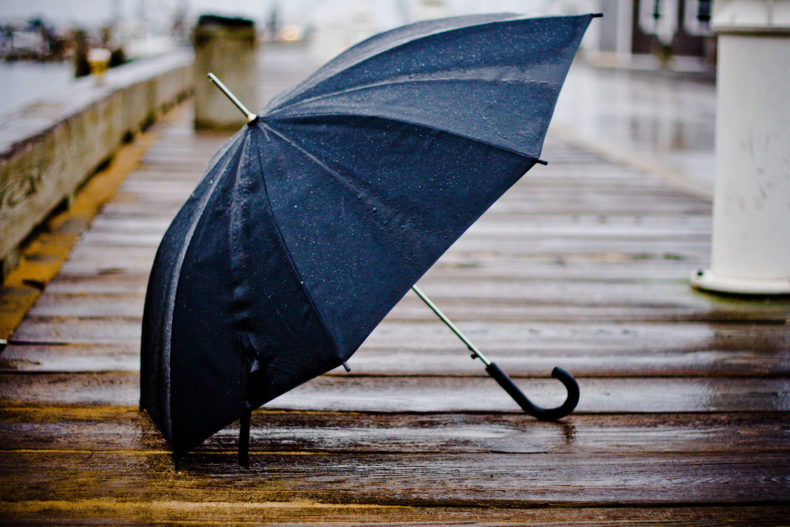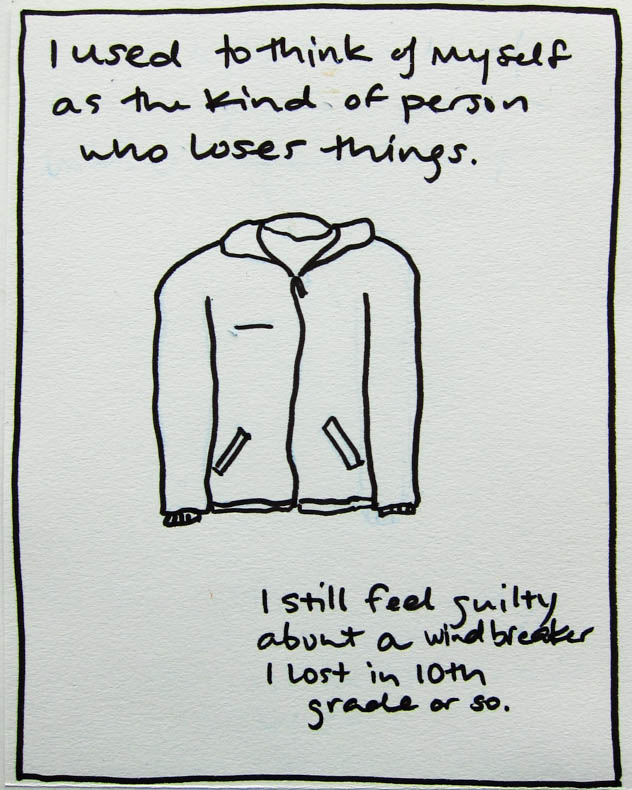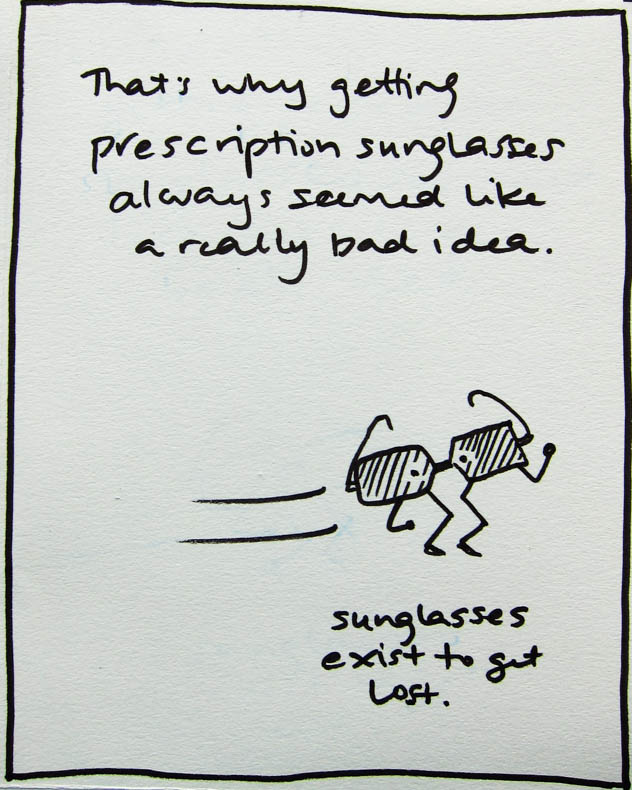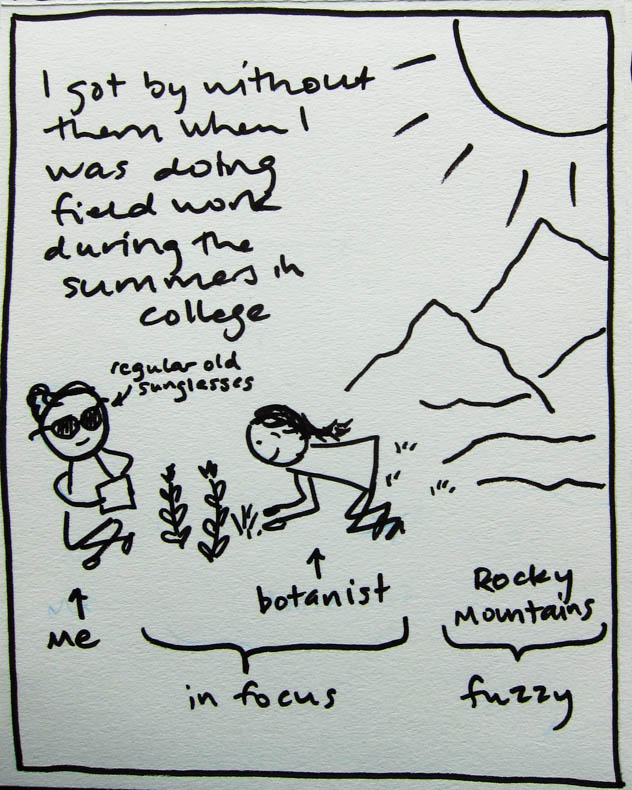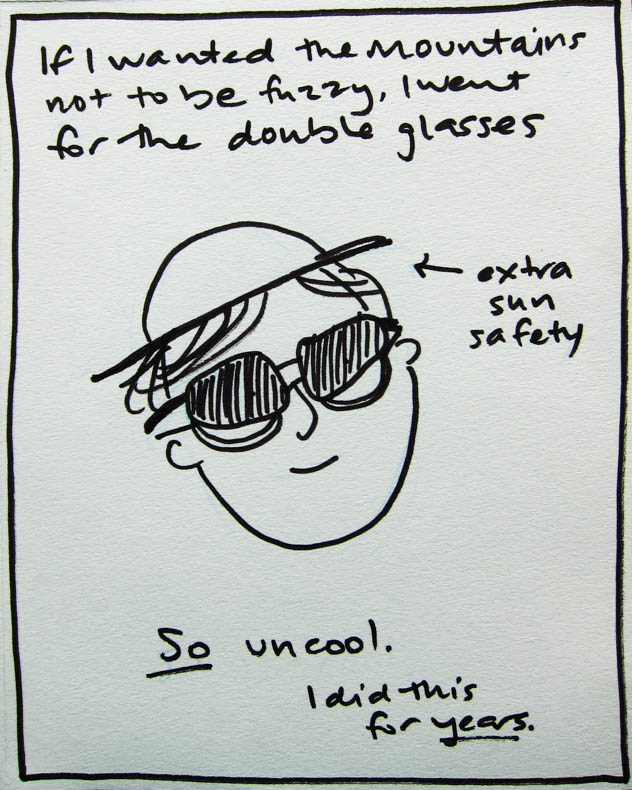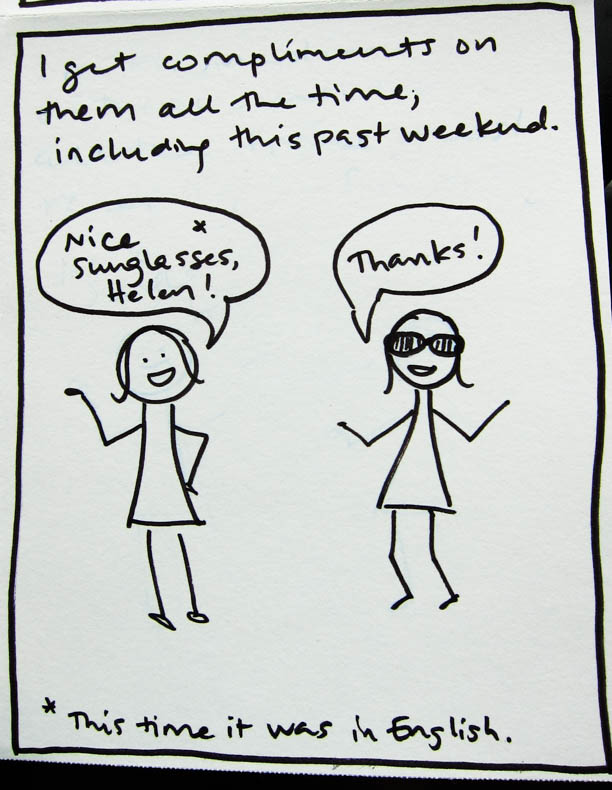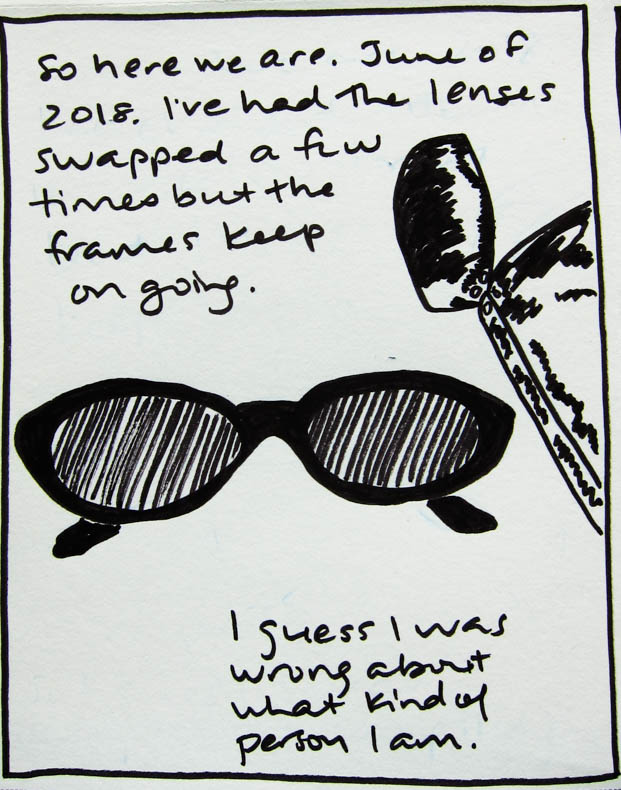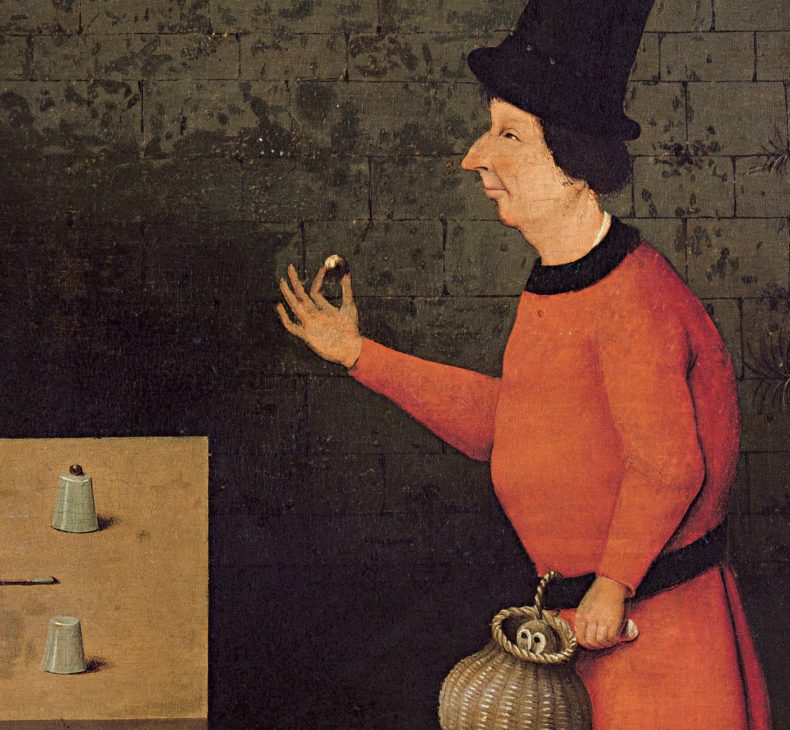This first ran on Sept. 6, 2012. My nephew was then a biology graduate student; he is now a fully-functioning scientist. He is confident, self-collected, easy to talk to, curious — in short, he made it through his education in one piece. But the education itself has not changed — not the advice, not the distress, not the reason to stick it out, nothing at all has changed.
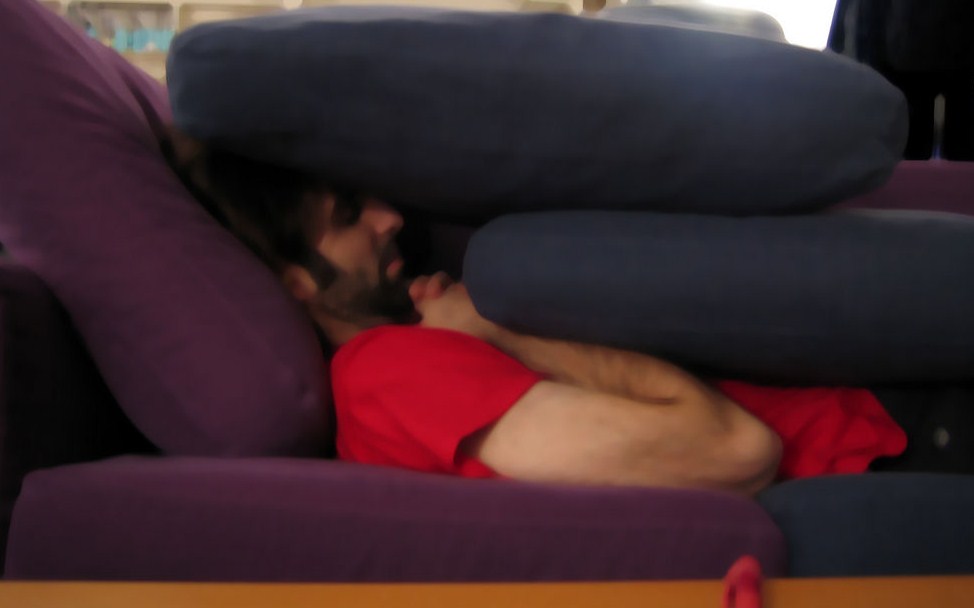
My nephew-the-biology-graduate-student sacrificed several days and a certain amount of money to come to a family reunion and seemed honestly interested in talking to the relatives, so I thought, ok, maybe this is a little vacation from the lab, maybe he’s relaxing. Except I’d look over at him sprawled on the couch and say, “What are you reading?” and he’d get a funny look and say, “Oh nothing, just a paper,” meaning a dense, opaque, difficult scientific journal article. And when I asked him how things were going at school, this normally close-mouthed kid started talking and didn’t stop, and he wasn’t sounding cheery. He wasn’t relaxing, not one bit.
Freeman Dyson wrote: “The average student emerges at the end of the Ph.D. program, already middle-aged, overspecialized, poorly prepared for the world outside, and almost unemployable except in a narrow-area of specialization. . . . I am personally acquainted with several cases of young people who became mentally deranged, not to speak of many more who became depressed and discouraged, their lives ruined by the tyranny of the Ph.D. system.”
Dyson himself declined to participate in the system and does not have a PhD. But nowdays, he goes on to point out, not having one means not being a scientist. Getting one means years of school beyond college, then a couple of years each of one or two or three postdoctoral fellowships before finding a job in which your research is likely to be directed by someone else, or an academic post at which you can begin the years of working toward tenure. Middle-aged, overspecialized, mentally deranged, depressed and discouraged seems about right. The system is brutal.
Continue reading